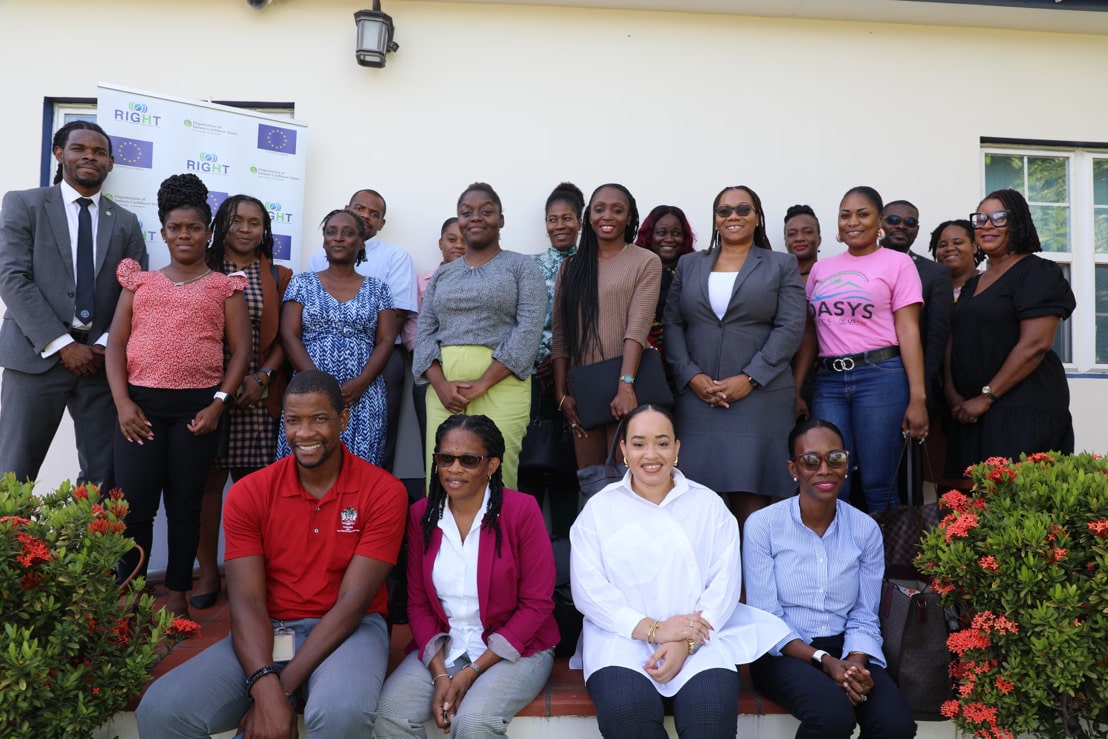
The Organisation of Eastern Caribbean States (OECS) Commission has launched a series of country missions to its Protocol Member States, aiming to increase public awareness about the benefits of the Economic Union and the European Union-funded Regional Integration Through Growth Harmonisation and Technology (RIGHT) programme. These missions, taking place from November 5 to December 7, 2023, included stakeholder consultations in Antigua and Barbuda, Dominica, Grenada, St. Kitts and Nevis, Saint Lucia, and Saint Vincent and the Grenadines. The consultations will conclude in January 2024 with discussions in Montserrat.
A key focus of these missions is to promote actions that will fully establish the free movement of persons regime, a central component of the Eastern Caribbean Economic Union (ECEU). Established in June 2010 under the Revised Treaty of Basseterre, the ECEU aims to facilitate various benefits associated with free movement, including indefinite stay, hassle-free travel within the ECEU using government-issued IDs, mutual recognition of driver’s licenses, and the ability to work without a work permit in any Protocol Member State.
The OECS Commission is actively working to accelerate the implementation of these benefits, discussing initiatives related to labor migration, social security, education, healthcare, trade, border security, digital services, and consumer protection. These discussions involved a wide range of stakeholders, including officials from national security, immigration, social development, and various government departments.
Director General of the OECS, Dr. Didacus Jules, emphasized the importance of these stakeholder engagements in guiding national actions to deliver on the rights associated with free movement. The outcomes of these consultations will contribute to a report for review by the OECS Authority in 2024.
The stakeholder engagements also covered topics like border management enhancement, review of the free movement regime, portability of social security benefits, consumer protection enforcement, the development of an OECS ID digital identification system, diaspora engagement, migration, digital transformation, and media sensitization.
These initiatives, financed by the European Union’s 11th European Development Fund and supported by co-funders and international agencies, reflect the OECS Commission’s commitment to strengthening regional integration and cooperation among its member states.



 and then
and then